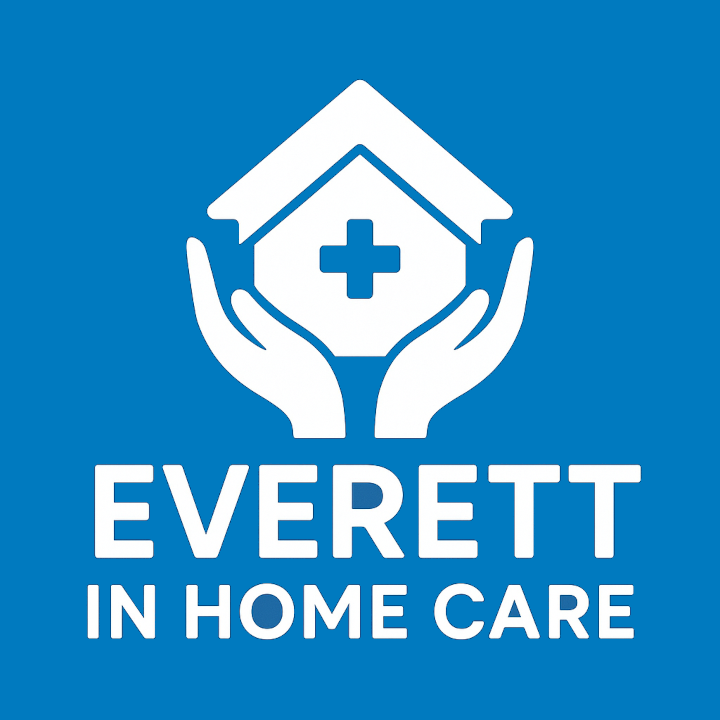Home Care vs Home Health: What's the difference and Which Do You Need?
Aug 1, 2023
Home Care vs Home Health: What’s the Difference and Which Do You Need?

When it comes to supporting an aging parent or a loved one with health challenges, choosing the right type of in-home care can feel overwhelming. Terms like home care and home health care are often used interchangeably, but they provide very different services.
This guide breaks down the difference between home care vs home health, their benefits, and how to choose the right care for your family’s needs.
What Is Home Care?
Home care is non-medical support that helps individuals with daily activities so they can continue living safely and comfortably in their own homes.
Common home care services include:
- Assistance with activities of daily living (ADLs) such as bathing, dressing, and grooming
- Meal preparation, grocery shopping, and light cleaning
- Companionship to reduce loneliness and improve mood
- Medication reminders (note: not administration)
- Help with transportation and errands
Home care is typically provided by
trained caregivers or certified nursing assistants (CNAs), not licensed medical personnel.
👉 Learn more about our Daily Living Assistance and Companion Care services.
💡 Pro tip: Home care is ideal for seniors who are cognitively and medically stable but need support with daily tasks.
What Is Home Health Care?
Home health care is medical care delivered at home by licensed professionals such as registered nurses (RNs), physical therapists, or occupational therapists. It is typically prescribed by a physician after surgery, illness, or hospitalization.
Home health services often include:
- Wound care, injections, and catheter management
- Monitoring chronic conditions like diabetes or heart failure
- Skilled nursing care for IV therapy or medication administration
- Physical, occupational, and speech therapy
- Post-operative recovery services
Home health services are typically
covered by Medicare or Medicaid when deemed medically necessary. You can read more about
Medicare’s coverage for home health care on the official Medicare.gov website.
👉 View our Home Health Services and In-Home Physical Therapy to explore care options available in Snohomish County.
Do You Need Home Care or Home Health?
Your choice depends on your loved one’s current health condition, goals of care, and level of independence.
You may need home care if:
- Your loved one is stable but needs help with cooking, bathing, or mobility
- They experience loneliness or isolation
- They need support with errands, medication reminders, or hygiene
You may need home health care if:
- Your loved one recently left the hospital or is recovering from surgery
- A physician recommends follow-up nursing or therapy
- They need ongoing skilled medical support at home
In many cases,
a combination of both services provides the best results: for example, a patient receives medical wound care from a nurse and non-medical help from a caregiver between visits.
Side-by-Side Comparison: Home Care vs Home Health
| Feature | Home Care | Home Health Care |
|---|---|---|
| Type of Support | Non-medical | Skilled medical care |
| Provided By | Caregivers or CNAs | RNs, LPNs, Therapists |
| Common Services | ADLs, companionship, errands | Wound care, therapy, vitals monitoring |
| Requires Doctor’s Order? | No | Yes |
| Covered by Insurance? | Usually private pay | Often covered by Medicare/Medicaid |
| Primary Goal | Daily living support | Recovery or chronic care management |
📞
Still unsure?
Contact Everett Home Care
for a free care consultation to find out which service is best for your loved one.
Who Pays for What?
This is a major concern for families. Here's a breakdown:
- Home health care is usually covered by Medicare, Medicaid, or private insurance. Eligibility requires a doctor's order and that the patient is considered homebound. Learn more on Medicare’s Home Health Services page.
- Home care, being non-medical, is generally not covered by Medicare. However, long-term care insurance or Medicaid waivers (in some states) may apply. You can check your state’s Medicaid long-term care options via the Washington State Department of Social and Health Services (DSHS).
Common Misconceptions
❌ “My mom had surgery—she needs home care.”
✅ Actually,
post-surgical care often requires
home health, which involves wound monitoring, pain management, and medication administration. See our
Post-Operative Care page.
❌ “Home care is just for the elderly.”
✅ People of
all ages recovering from accidents, dealing with disabilities, or managing chronic conditions may benefit from in-home assistance.
Everett Home Care: Supporting Your Family Every Step of the Way
At
Everett Home Care, we believe that
high-quality care starts with clarity and compassion. We help families in Everett and Snohomish County determine whether their loved one needs home care, home health, or both.
We specialize in:
- Dementia and Memory Care at Home
- Respite Care for family caregivers
- Hospice Support and palliative home care
- In-Home Assisted Living
Want to talk to a real person about your family’s situation?
📞
Reach out today or call us at (your number) to schedule a
free care consultation.
Additional Resources
- Medicare.gov – What’s Covered in Home Health Services
- National Association for Home Care & Hospice (NAHC)
- Washington DSHS Long-Term Care Programs
Need help deciding between home care and home health?
Don’t wait—schedule your free consultation and let our team guide you through the best options for your loved one.
You might also like
Everett In Home Care Blog


